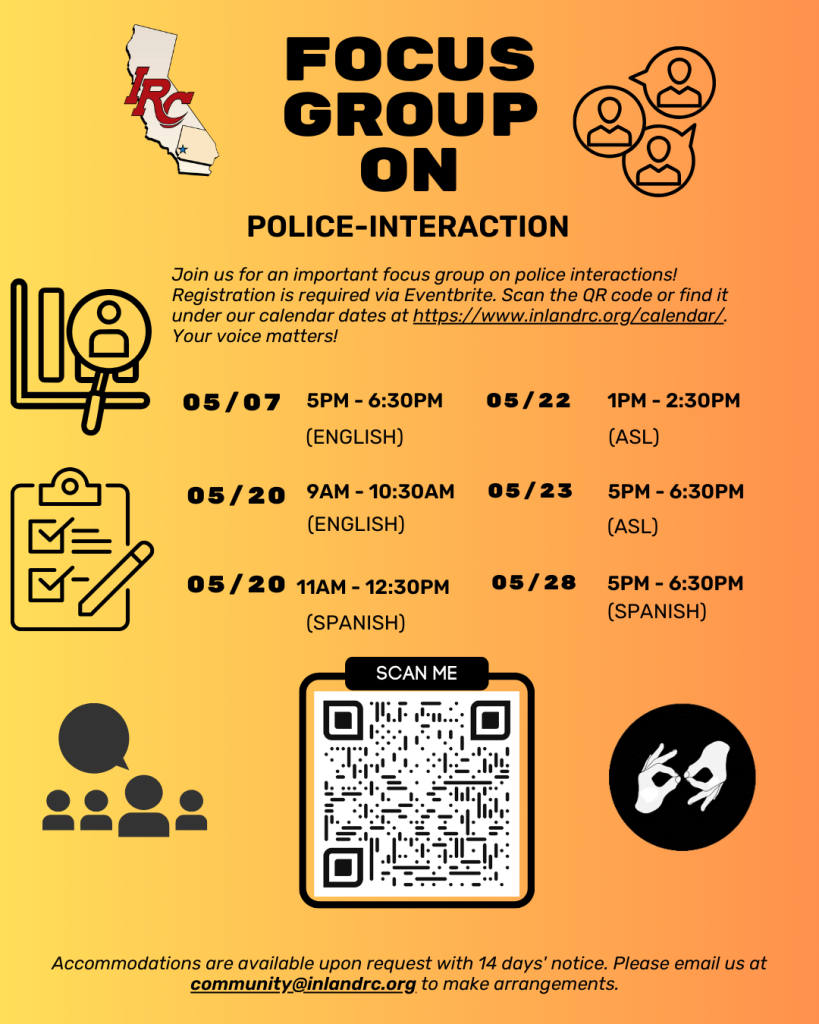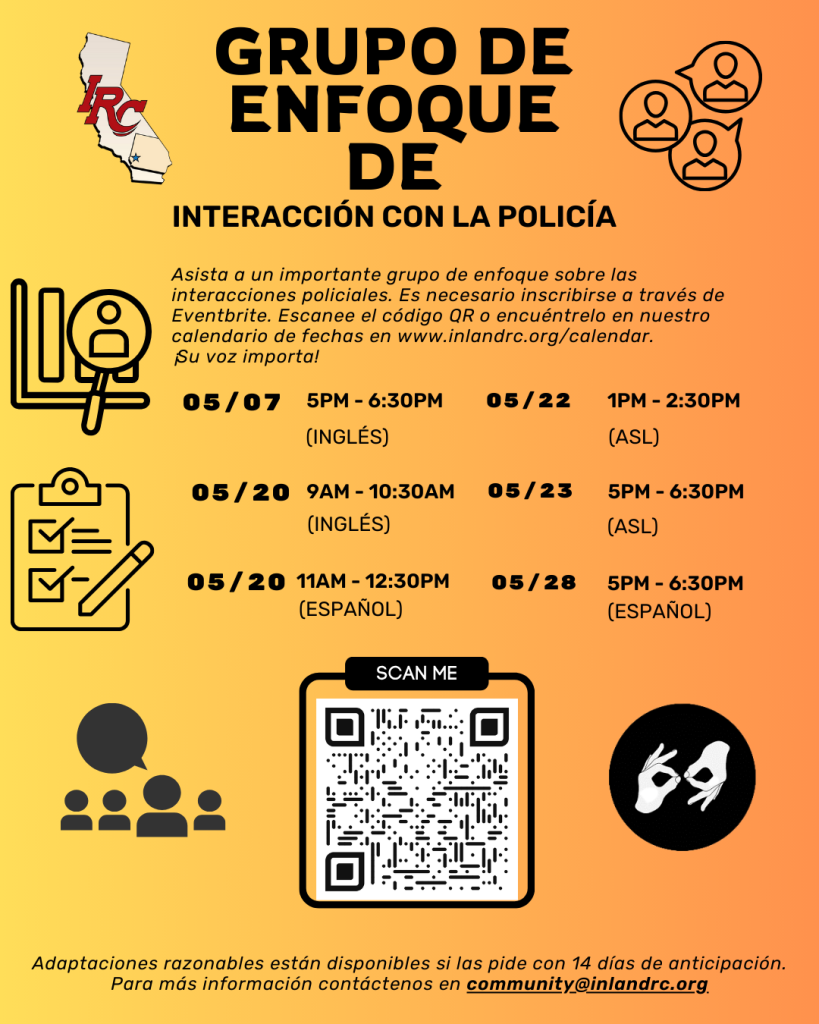In this blog, we’re addressing the pressing need for enhanced mental health support for individuals with intellectual and developmental disabilities (I/DD) in California. Despite awareness of this issue, there remains a significant gap in available services. This blog aims to underscore the importance of assisting this demographic and offers actionable steps to improve their mental well-being.
Individuals with disabilities often have a hard time with their mental health because they face different challenges. Sometimes, they can’t communicate well, feel lonely, or don’t have the right help. Studies show that people with disabilities are more likely to have mental health problems like anxiety or depression. But in California, there aren’t enough places to give them the right kind of help.
Without proper support, individuals with I/DD may experience difficulties in everyday life, leading to potential crises or adverse encounters with law enforcement. Additionally, their families and caregivers may have stress and fatigue without proper assistance.
“Master Plan for Kids’ Mental Health”
In August 2022, Governor Newsom announced a $4.7 billion initiative to support the mental health and substance abuse needs of young Californians. Dubbed the “Master Plan for Kids’ Mental Health,” this initiative targets individuals up to 25 years old but doesn’t mention the I/DD community. Individuals with I/DD who often face scarce assistance must be included in this plan.
“Master Plan for Developmental Services”
In the past few years, working with lawmakers, the Newsom Administration has invested a lot of money in improving services for people with developmental disabilities. The Master Plan will use these investments to improve and make services fairer for everyone who needs them.
California’s system for helping people with developmental disabilities is connected to other important systems like healthcare and social services. So, the Master Plan will focus on building stronger connections between these systems. This includes healthcare, education, housing, jobs, transportation, and safety, but does not address mental health services within the I/DD community.
Today, the individuals who receive these services are a diverse group, and they live longer. A modern system for developmental services should be able to offer services that respect different cultures and make it easier for people and their families to find the help they need, no matter where they live in California.
How You Can Help
Talk to Local Leaders: You can start by telling people who make decisions in your city or county about this problem. Go to meetings where they talk about community issues, write letters, or set up meetings to talk about why it’s important to help people with disabilities with their mental health.
Support New Laws: Pay attention to new laws that people are talking about in California. Some of them might help people with disabilities get better mental health help. You can tell your local lawmakers that you like these laws and want them to pass.
Enter your location, and you’ll be provided with contact information for your assembly members and state senator: https://findyourrep.legislature.ca.gov/
Take Surveys and Attend Focus Groups (Listening Sessions): You can join groups where you answer questions and talk about your experiences.
Focus groups or listening sessions are small gatherings where people come together to discuss a specific topic. It’s usually led by a facilitator who asks questions to get everyone talking. The group members share their opinions, experiences, and ideas with each other. Focus groups allow IRC to learn more about what people think and feel about something.
Surveys are like questionnaires that help us learn what people think and how you and your loved one feel. They’re important because they help us understand what’s going on and how we can improve things. When you take part in surveys, you share your thoughts anonymously, and that helps us make decisions that can improve things for everyone.
You can decide if you want to be part of these focus groups or surveys. We’ll make sure to keep your personal information private while you’re in the focus group. If you join the focus group, you’ll be recorded, but don’t stress – the recordings will be safe and only used by the researchers, then deleted later. The things we learn during the focus group might be written about in research papers, but nobody’s name will be mentioned. All the surveys are anonymous, so nobody will know who said what.
A survey on Police Interactions is currently taking place. You are welcome to participate in these surveys using the links below, or visiting our Surveys page:
Focus groups on Police Interactions will be held during May of 2024. Please refer to the dates and flyers below or visit our Calendar for more information:
- May 7, 2024 5:00-6:30 PM- English
- May 20, 2024 9:00-10:30 AM – English
- May 20, 2024 11:00 AM – 12:30 PM – Spanish
- May 22, 2024 1:00 – 2:30 PM – American Sign Language
- May 23, 2024 5:00 – 6:30 PM – American Sign Language
- May 28, 2024 5:00 – 6:30 PM – Spanish
In conclusion, it’s clear that individuals with disabilities in California face significant challenges in accessing adequate mental health support. Despite efforts to address this issue, there remains a gap in services that must be addressed. By advocating for change and taking action, we can work towards ensuring that individuals with disabilities receive the support they need to thrive.
Share this Post






